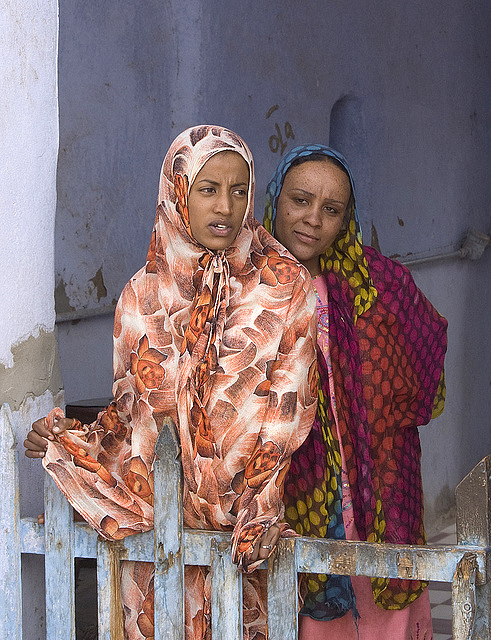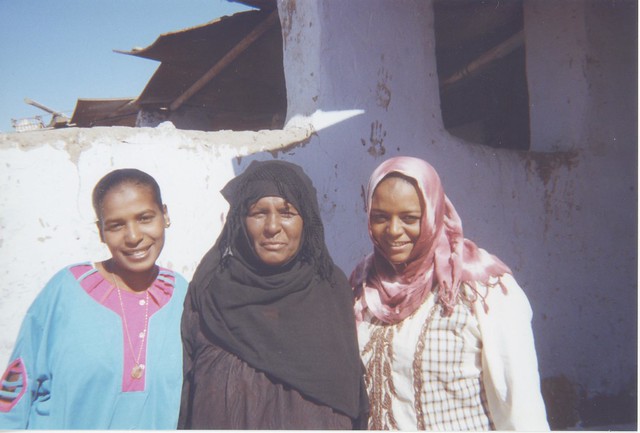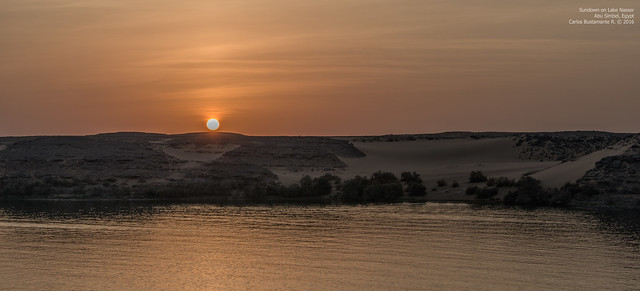On January 30 this website reported on the ceremonial event held in Aswan 10 days earlier by the Egyptian government to recognize the successful claims of more than 11,000 Nubians for damages caused to them by the construction of the Aswan High Dam in the early 1960s. The Middle East news website Al-Monitor last week ran a news story on the settlement that provided some additional details.

Prime Minister Mustafa Madbouly said at the ceremony that the Nubians serve as “an integral part of society” and that the government was determined to “solve their problems.”
The Al-Monitor reporter quoted the opinions of some Nubians. Khalil el-Gebaly, the former head of the local council of the Nasr El-Nuba Center, said that the settlement “is a response to our demands of many years.” He was only 18 when he had to leave Old Nubia and migrate with his family to Kom Ombo to the north of Aswan.
He explained that his father received compensation for one house and some land—but they had to abandon four houses and 18 acres when they were forced to leave in the 1960s. The family is receiving some cash in this current compensation cycle since they have not as yet been paid all that is owed to them.

The head of the Nubian General Club in Cairo, Mohamed Saleh Aadlan, told the reporter that there are really two groups of Nubians involved with the current wave of compensations—those who have not received any money despite their losses over 50 years ago and those who have gotten some but not all that they deserve.
He added that the compensation awards will even go to great grandchildren who have deeds to properties owned by long-deceased grandparents and great grandparents who were displaced in the 1960s. He admitted that, for himself, he has no claims since his parents were displaced from their homes when the earlier Aswan Low Dam was raised in1933.
Officials indicated during the event in Aswan that the Nubians affected by the construction of the dam and the filling of the reservoir, Lake Nasser, should expect to be compensated gradually. The Governor of Aswan, Ashraf Attia, said that a second round of requests for compensation will be opened in February.

Nader Saad, a spokesperson for the Cabinet, said on Jan. 20 that the process would soon be concluded. The government will have “found a fundamental solution to the problem of compensation for the people of Nubia.”